Death is the ultimate enemy - and I find nothing reproachable in those who rage mightily against the dying of the light
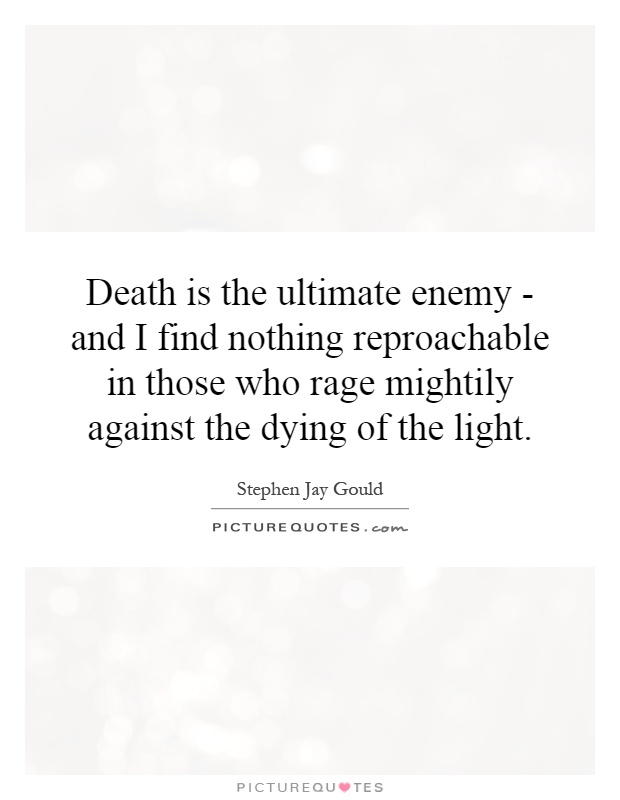
Death is the ultimate enemy - and I find nothing reproachable in those who rage mightily against the dying of the light
Stephen Jay Gould, a renowned paleontologist, evolutionary biologist, and science historian, was a prominent figure in the scientific community who often pondered the mysteries of life and death. In his writings and lectures, Gould frequently explored the concept of mortality and the inevitability of death. He believed that death is the ultimate enemy, a formidable force that all living beings must eventually confront.Gould's perspective on death was deeply influenced by his scientific background and his understanding of evolution. He saw death as a natural part of the cycle of life, a necessary process that allows for the continuation of species and the evolution of new life forms. However, Gould also recognized the profound impact that death has on individuals and societies, causing grief, pain, and existential angst.
In his essay "The Median Isn't the Message," Gould reflected on his own mortality after being diagnosed with cancer. He grappled with the fear of death and the uncertainty of what lay beyond. Gould's experience with illness and the prospect of death led him to question the meaning of life and the purpose of human existence. He found solace in the words of poet Dylan Thomas, who famously wrote, "Do not go gentle into that good night, rage, rage against the dying of the light."
Gould's embrace of Thomas's sentiment reflects his belief that it is natural and even commendable to resist death and fight against its inevitability. He saw nothing reproachable in those who raged mightily against the dying of the light, for he understood the deep-seated fear and sorrow that death evokes in all of us. Gould's own battle with cancer only strengthened his resolve to live life to the fullest and to make the most of the time he had left.

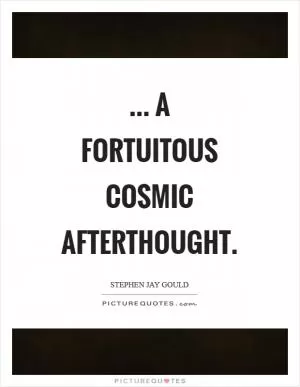
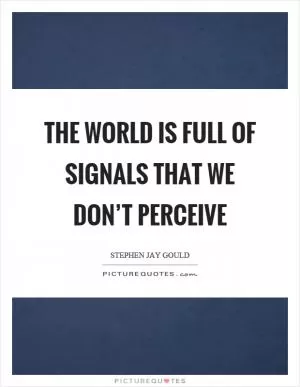


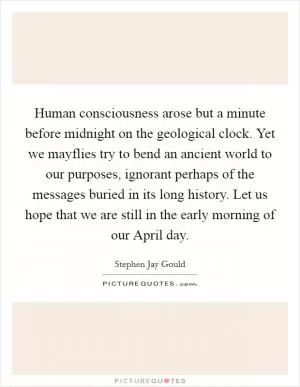
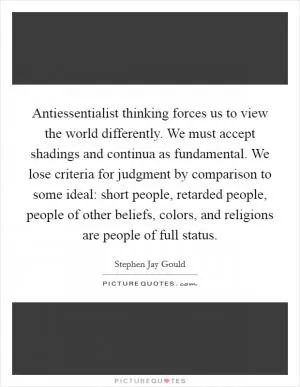


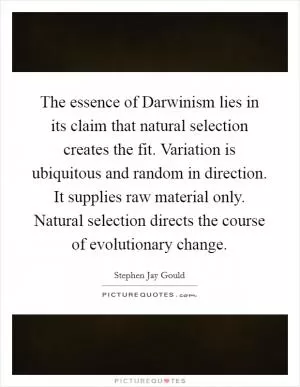
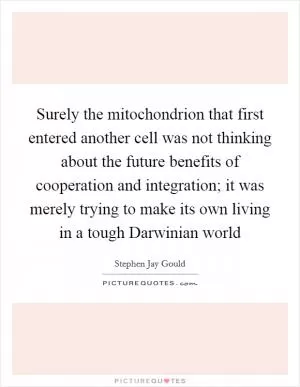
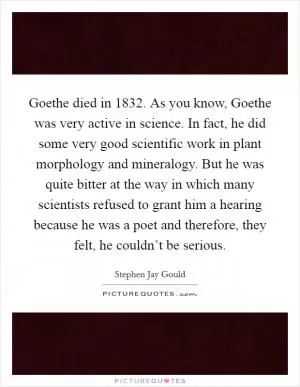
 Friendship Quotes
Friendship Quotes Love Quotes
Love Quotes Life Quotes
Life Quotes Funny Quotes
Funny Quotes Motivational Quotes
Motivational Quotes Inspirational Quotes
Inspirational Quotes